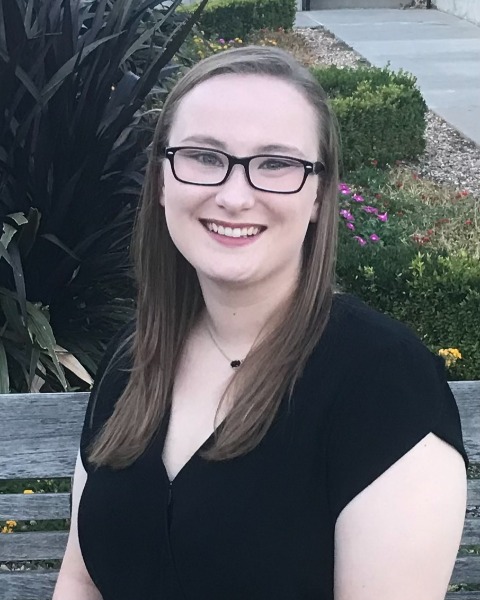Poster Presentation
Social Justice and Health Equity
Thursday Evening Poster Reception
THURS-079 - Diversion Hub Resource Guides: Reintegration After Criminal-legal System Involvement
Thursday, April 17, 2025
5:30 PM - 6:30 PM PST
Location: Pacific I/II, 2nd Floor
Area of Responsibility: Area I: Assessment of Needs and Capacity
Subcompetencies: 1.1.3 Identify existing and available resources, policies, programs, practices, and interventions., 1.1.2 Identify priority population(s).
Research or Practice: Practice
Subcompetencies: 1.1.3 Identify existing and available resources, policies, programs, practices, and interventions., 1.1.2 Identify priority population(s).
Research or Practice: Practice

Hayley Harris (she/her/hers)
Master of Public Health Graduate Student
University of Central Oklahoma
Oklahoma City, Oklahoma, United States
Poster Presenter(s)
Learning Objectives:
At the end of this session, participants will be able to:
- Describe the types of services provided to justice-involved individuals through Diversion Hub.
- Explain how these services can improve health equity and long-term health outcomes for clients.
- Assess the role of infrastructure in the provision of public health services across rural and urban settings.
Detailed abstract description: What can be done to mitigate the effects of our nation's racist, excessively punitive, and inhumane carceral system? The disproportionate impact of America's criminal-legal system on communities of color, low-income communities, and communities with low educational attainment has been well documented in the literature, and America's continued use of mass incarceration as a quick fix for complex, large-scale societal problems destabilizes these individuals and communities for years after a sentence is served.
Since its establishment in June 2020, Diversion Hub has worked to ameliorate these effects and improve health equity among justice-involved individuals by providing clients with life-sustaining case management services as well as justice navigation services to help them successfully negotiate the court system. Their support model has been shown to reduce recidivism, increase probation and treatment court compliance, and support successful reintegration within the community after justice involvement, contributing to stronger families, communities, and economic outcomes. In the first half of 2024 alone, Diversion Hub served over 2000 clients through their case management services and has provided justice navigation services to a little over 1900 people in need, demonstrating the painfully high demand for these essential resources.
However, this work in Oklahoma County is just the beginning. Given the level of success it has achieved in Oklahoma City, Diversion Hub plans to expand their services into Canadian, Cleveland, and/or Comanche County. To help determine which site would be best served by the organization, Diversion Hub has worked with partners to compile a list of existing resources, possible community partners, and potential barriers to service in each location to help assess strengths and needs in each of the aforementioned counties. While building additional sites is a long-term goal for the organization, the people of Canadian, Cleveland, and Comanche Counties can benefit from the compilation of these resource guides in the interim until a more permanent organizational presence can be established in these communities.
